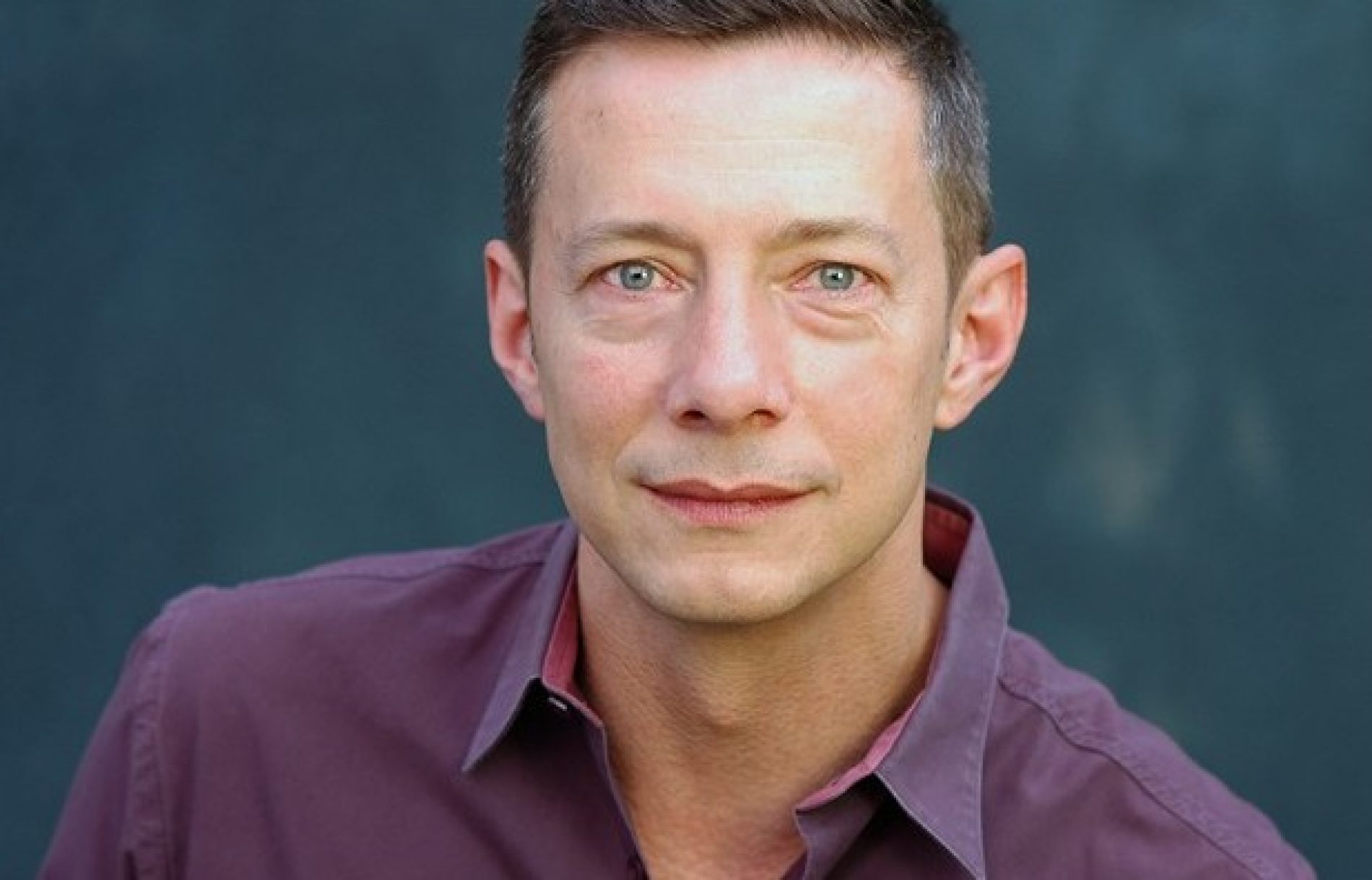How do we know HIV Undetectable equals Untransmittable?
Matthew Hodson explains why so many sexual health organizations back the message that those with undetectable viral loads don’t pass on HIV.
Have you heard that U = U? It’s a message that many HIV activists have shared recently.
When those of us living with HIV are undetectable on HIV treatment, our virus is untransmittable to our sexual partners. Undetectable means the amount of virus in our blood has fallen so low, it can no longer be detected by standard blood tests.
One response I’ve had when I’ve shared this information goes something like, “Well you would say that. You’re HIV+ and horny.”
While the former is certainly true and the latter sometimes true, I swear that’s not my motivation.
I first got involved in HIV work 18 years ago because I wanted to share information.
Accurate, honest information can empower people living with HIV and provide the tools we need to live longer and healthier lives. Accurate information can also support HIV-negative people, helping them to avoid infection and to make confident sexual choices.
The understanding that HIV treatment has an impact on HIV transmission risk is not new. Way back in 2001, I worked on a GMFA campaign called ‘Enjoy Fucking’ which told HIV-positive men that there was ‘less chance of passing HIV on if you have a low viral load’.
The first official acknowledgement, what has become known as ‘the Swiss Statement’, came a decade ago in 2008. This stated that people with HIV are not sexually infectious so long as they have been undetectable for six months and do not have any other STIs. While some welcomed the statement, others railed against it.
Three years later, HPTN 052 was the first rigorous study to support the impact of treatment as prevention. The study was designed to find out whether early treatment had an impact on reducing HIV infections.
The trial was brought to an early halt, as the reduction in infections was so dramatic it was deemed unethical to continue delaying treatment for any participants.
Further evidence came with the results of the PARTNER study, which initially reported in 2014 and then added further data in 2016. From almost 30,000 occasions of unprotected sex between sero-discordant couples (one HIV+, one HIV-negative), where the positive partner was undetectable on treatment, there were no cases of HIV transmission.
Although both gay and straight couples were in the study, researchers concluded there wasn’t yet enough data to say that transmission couldn’t happen during gay sex.
That data was provided by the Opposites Attract study in 2017, which tracked 343 gay couples, where one partner had HIV and the other did not and found not a single case of HIV transmission in 16,889 acts of condomless anal sex.
Taken together with PARTNER, the two studies didn’t find a single case of HIV transmission in nearly 40,000 acts of condomless anal sex between sero-discordant gay men.
The message that ‘Undetectable equals Untransmittable’ can have an impact upon other aspects of the epidemic. It underlines the importance of effective HIV testing programs and of universal access to HIV treatment for those diagnosed. It challenges some of the stigmatizing attitudes too often expressed towards people living with HIV.
For decades, those of us with diagnosed HIV have had to live with the idea that our bodies are dangerous. We face not just sexual but also social rejection as a result. In some countries having sex without disclosing our HIV status is criminalized. This is regardless of whether there is a risk of transmission.
Widespread ignorance about transmission risk means that people with HIV are turned away from services or even denied medical treatment. No other sexually transmitted infection carries the same power to strike fear into the hearts of the population.
The sex we have, which should be expressions of intimacy, passion, lust, tenderness and joy, have all too often been accompanied by thoughts of: ‘Is this safe enough?’, ‘Will I be OK?’ or ‘Will he be OK?’
Given this context, it’s perhaps understandable that large numbers of gay men choose to have sex under the influence of drugs that suppress their inhibitions.
When we are undetectable, we are uninfectious. This means that pretty much all the fear that HIV-negative people have of those of us living with HIV is just wasted energy. This means that we can enjoy sex without the fear that we may infect our sexual partners.
The U equals U message, combined with the incredible impact that treatment has on life expectancy, can change the accepted narrative around HIV. This news is too valuable, too exciting, too important for it not to be shared as widely as possible.
Matthew Hodson is Executive Director of NAM aidsmap and the recent winner of Social CEO of the year. Follow him on Twitter at @Matthew_Hodson. NAM aidsmap provides HIV news and treatment information to support people living with HIV, throughout the UK and internationally.
About author
You might also like
Black Panther and the Promise of a Queer-Affirming Africa
Originally published on out.com Rapturous reviews, record-breaking box office, and legit cultural phenomenon aside, Black Panther is a landmark, especially for black folks. The mythical Wakanda, King T’Challa/Black Panther’s homeland,
QUEER PEOPLE ARE PEOPLE
FOREWORD: This next ally is a friend whose opinions of societal shortcomings are intelligent and whose passion is inspiring. Asking him to weigh in with something to mark the Ally
Who Are The Church’s Victims?
Pastor Abel Damina’s sermon where he calls out the church for being responsible for Sammie Okposo’s death is making the rounds on social media. I watched the video, and I












1 Comment
Black Dynasty
January 28, 10:09Excellent to know.